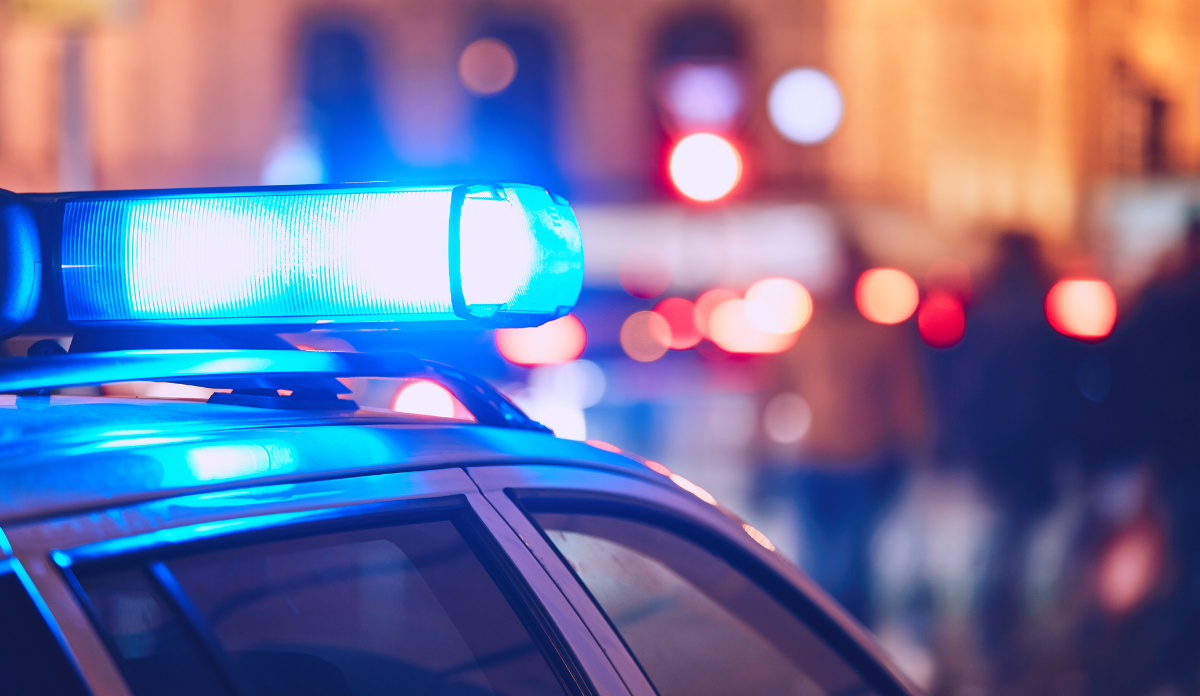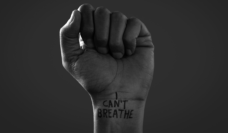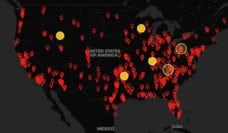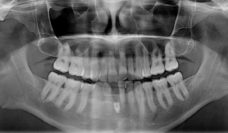The safety net of the American health care system is the emergency room. The emergency room sees all members of society–every race, income level, and national origin–and everyone receives care regardless of the ability to pay. This cross-section of America often brings law enforcement personnel into emergency departments, where police officers play multiple roles, such as assisting hospital security, guarding patients in custody, and gathering evidence for criminal investigations.
To gain more insight on police presence in the ER, Megan Harada and team interviewed 20 board-certified emergency medicine physicians from three hospitals in Northern California. Many participants described professional interactions with police and feeling safer when they are around. However, multiple interviews included concerns about police officers interrupting care and breaching patient privacy rights.
Several respondents described police interrogating patients or medical providers during trauma resuscitations, sometimes before the medical team stabilized the patient. While most police officers would step back when asked, some would continue to press for information and potentially delay treatment.
Several of the physicians also recounted HIPAA violations by law enforcement. The Health Insurance Portability and Accountability Act (HIPAA) prohibits access to health information without patient consent. Law enforcement is exempt from privacy rules in specific scenarios: for example, cases of violence and abuse. However, health care institutions can only share certain information, and most health information requests require court orders.
Whether a HIPAA violation is deliberate or unintentional, illegal information-gathering may violate a person’s constitutional protection from “unreasonable search and seizure” under the 4th amendment. A person’s 5th amendment right may also be in jeopardy if prosecutors later use the information as evidence for a conviction.
The tie between health care and law enforcement will not disappear, but the unchecked police power in emergency rooms could force people who need care to choose between their legal freedom and their health.
Interviews also described how HIPAA compliance is already challenging to uphold in an emergency room. Because of the necessary open floor plan, police may overhear discussions between medical teams, see imaging and lab results, or sit in on medical evaluations. Even if police conduct in the ER is or appears legitimate, study participants also said the hospital had insufficient training on what information police can legally collect.
Ji Seon Song, an expert on the intersection of criminal justice and health care, explains “Because of the significant discretion given to police to conduct searches and interrogations in the ER, police have the ability to surveil and monitor poor people and racial minorities with the help of the very medical professionals who are also tasked with treating them.” The magnitude of police presence is larger in public, safety-net hospitals in historically overpoliced areas compared to hospitals in other areas and private hospitals. Overpoliced areas have higher rates of racialized policing and violent arrests, which can then spill over into emergency medicine.
Overt abuses of power occur. One study participant witnessed a police officer taking patient ID labels at a nurses’ station and running warrant searches against all the patients in the ER. The possibility of excessive police surveillance may cause people with a criminal record or in custody to avoid seeking medical care or share critical health care information with their provider.
Efforts to balance the complex relationship between health care and law enforcement are in motion. Georgetown University’s Health-Justice Alliance has a toolkit for medical providers to protect patient privacy rights. The health effects of aggressive policing are in the research spotlight. And the mental health and opioid crises have prompted many collaborative partnerships between police and health care providers.
The tie between health care and law enforcement will not disappear, but the unchecked police power in emergency rooms could force people who need care to choose between their legal freedom and their health.
Photo via Getty Images














